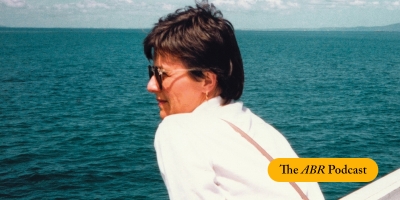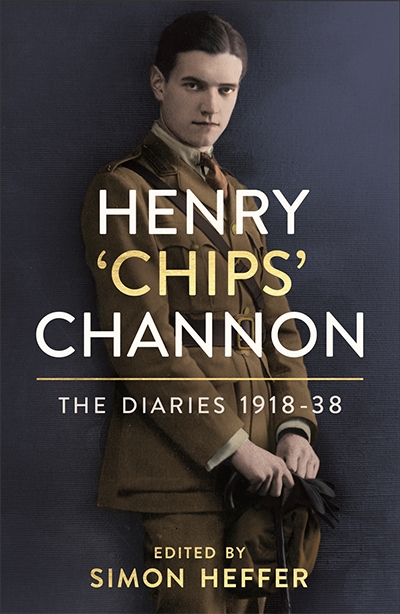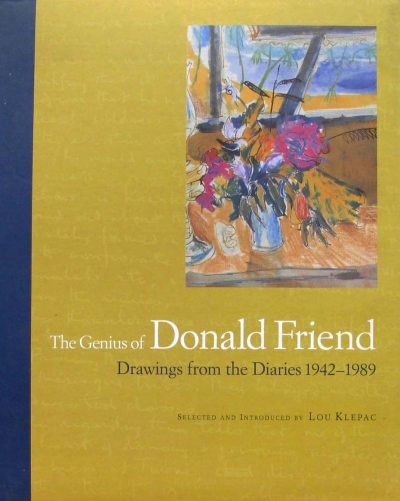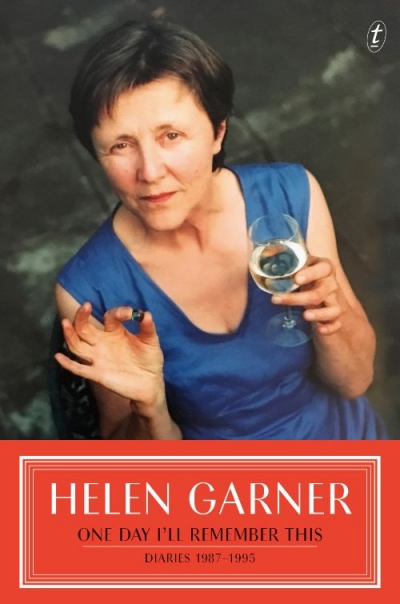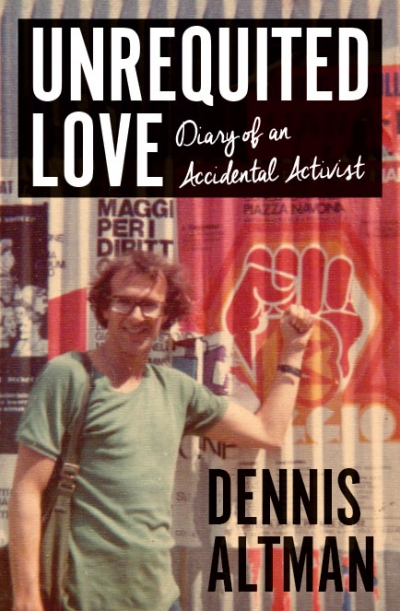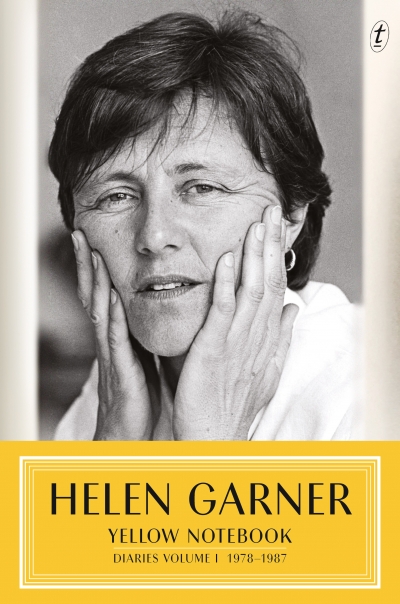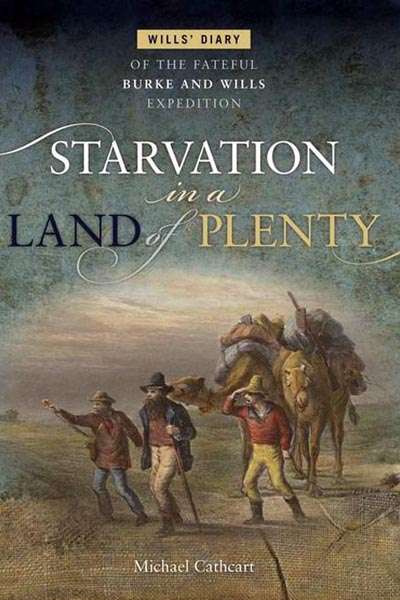Diary
Film | Theatre | Art | Opera | Music | Television | Festivals
Welcome to ABR Arts, home to some of Australia's best arts journalism. We review film, theatre, opera, music, television, art exhibitions – and more. To read ABR Arts articles in full, subscribe to ABR or take out an ABR Arts subscription. Both packages give full access to our arts reviews the moment they are published online and to our extensive arts archive.
Meanwhile, the ABR Arts e-newsletter, published every second Tuesday, will keep you up-to-date as to our recent arts reviews.
Recent reviews
‘I would like to write about dominance, revulsion, separation, the horrible struggles between people who love each other,’ wrote Helen Garner, foreshadowing How to End a Story, the final instalment of her published diaries, following Yellow Notebook (2019) and One Day I’ll Remember This (2020). While the first two volumes spanned eight years apiece, How to End a Story spans only three. Starting in 1995, shortly after shortly after the release of Garner’s The First Stone, it details the dissolution of her marriage to another writer, V. As Lisa Gorton notes, this volume differs from its precursors both in tone and focus: ‘This one is as compelling as a detective story. This one is edited with the sense of an ending.’
... (read more)How to End a Story: Diaries 1995–1998 by Helen Garner
The Genius of Donald Friend: Drawings from the diaries 1942–1989 by Lou Klepac
One Day I’ll Remember This: Diaries 1987–1995 by Helen Garner
Unrequited Love: Diary of an accidental activist by Dennis Altman
Yellow Notebook: Diaries, Volume I, 1978–1987 by Helen Garner
Starvation in a Land of Plenty: Wills’ diary of the fateful Burke and Wills expedition by Michael Cathcart
The Diaries of Donald Friend, Vol. 4 edited by Paul Hetherington
Memory is actually anxious to be heard.
A.F. Davies
What a year, and how lucky we are that our country can only play a timid, cringing, subservient role in Iraq – which is not at all to disparage the soldiers we send there. It must be a bastard of a job for those young men, at the accursed interface.
February 6: We fly to Hobart for our Coles Bay holiday, pick up a car and gradually find Sarah and Gordon’s evasive house on its steep hill. The following morning he starts me off with a long stiff walk over the mountain slopes: easier at his age. But I could eat a horse afterwards, were that required.
... (read more)
